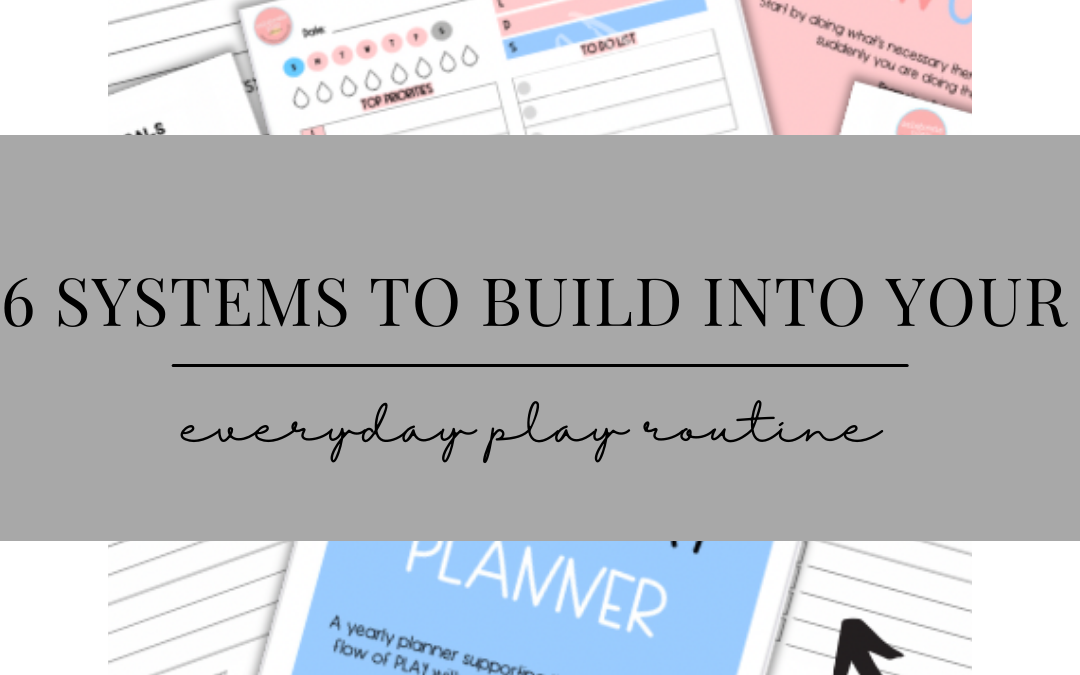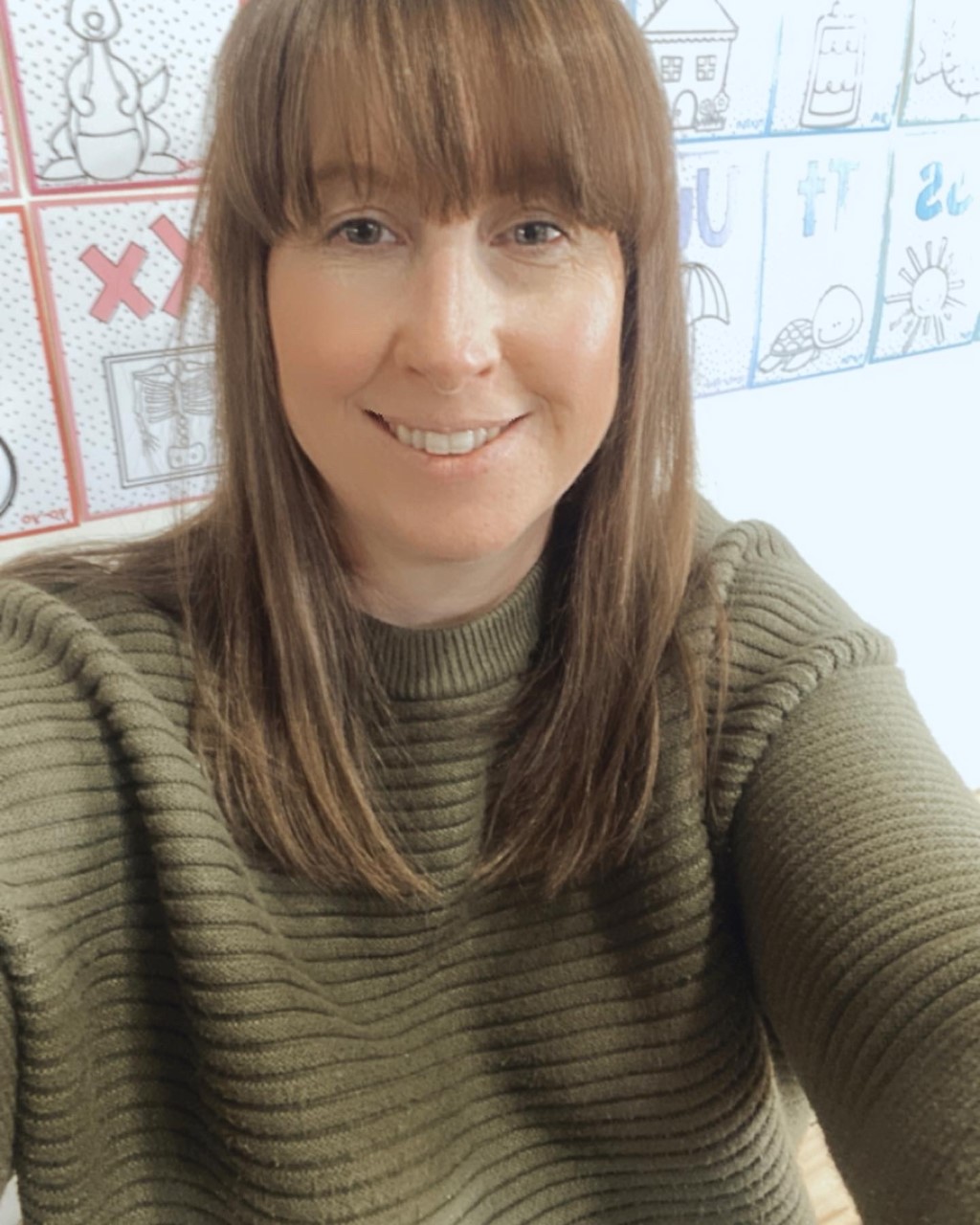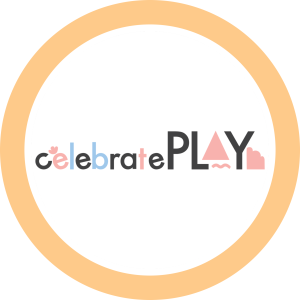Hi there Mummas, grab yourself a cuppa with a notepad and pen because this is a biggish post and taking notes down will help with clarity and action.
Systems are a critical component to any major project particularly one that is best known as “motherhood” and another as “play”. They are the pieces that keep everything together-the solid foundation to planning with kids.
…so lets talk about what systems you can build into your everyday play routine that help maintain learning, engagement, productivity and celebrate play.
CHUNKING is a classroom literacy strategy taught to be used when learning to comprehend texts of length. It is way to help students identify key ideas, organise and synthesise information. This strategy can also be effective when looking at a daily routine and weekly schedule as a way of breaking up a lengthy to do list.
Lets say we chunk the weekly schedule into school days vs home days. Then we chunk it down further to incorporate a morning play, mid-morning play and/or NAP, afternoon/evening play and night play.
By chunking the week into two smaller chunks and then each day into 4 smaller chunks, the weeks/days plan already feels less overwhelming, right?
So let’s go one step further and chunk each of the four play routines to include structure, group, independent and one-on-one play.
For example,
Morning play is structured (children are ready to start their day, you are too from setting up play the night before-more on this below).
Mid-morning play is Independent (time to develop and practise independent skills, time for parents to prep meals and/or complete other tasks).
Afternoon/Evening Play is in a group with adult interaction (children in central location, minimal mess, quietness whilst other children nap and quality time is spent amongst parent and children & siblings together).
Night Play is one on one or small group (a time to communicate about the day, wind down and settle for the night).
PLANNING FOR TRANSITIONS (indoors to outdoors and vice versa, outings to home and vice versa)
•school day routine/at home day routine/weekend routine
•back up play ideas (for the times when what you have set up hasnt worked)
•family meetings (for when important topics/issues need to be discussed).
•one play based learning station space available for easy set ups. We have a system called daily 5 am and daily 5 pm that has helped our morning and afternoon transitions to be calmer (more details on this coming later).
OPEN ENDED PLAY & RESOURCES ON HAND – Creating open ended play experiences in the home can be achieved with abit of creativity, a splash of personal touch and a selection of open ended resources. Open ended resources are those that are multi-use, do not require completion and encourage children to use their imagination and creativity. Here is a list of open ended resources compiled with the input of our community:

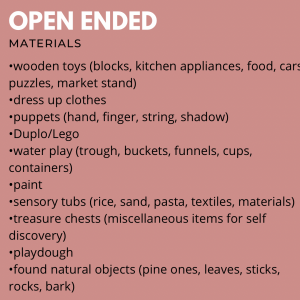
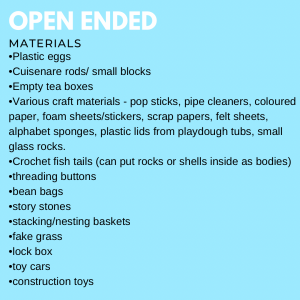
Pop these in containers of sorts that fit your space eg. (chinese containers, lunchboxes, plasticware, under the bed storage tubs, trofast tubs etc).
CREATE A SPACE THAT FITS YOUR LIFE – Here at Celebrate Play HQ, we strongly believe it is important to “Create a space that fits your life”. Why? Because the space we live in has a remarkable influence on us…it nurtures relationships and connections, creates ambience, persuades our moods and in some cases even provides us with a sense of belonging. In the early years, children often spend time playing and learning in a playspace – whether this be a dedicated playroom, corner in a room or the nursery. And like us, they are influenced by the space they live in. So how does one go about creating a space that fits their life? How does one create an inviting playspace for their baby?
Here are some ways/food for thought to help you get started:

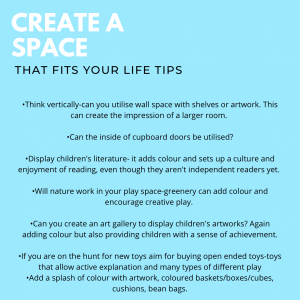
HOUSEHOLD SYSTEMS
We talk a fair bit about household systems at celebrateplay because they help to scaffold other aspects of our life eg. the daily routine and the way we PLAN for PLAY. Whilst the housework can sometimes wait as it will always be there and playing with our children needs to be a priority, the fact is, sometimes the housework simply just has to be done to allow for PLAY and daily life to function smoothly. So the way around this is to create systems that allow for both to happen in harmony with each other. When I say systems-im thinking about laundry schedules, meal planning, play planning, a daily schedule, toy rotations, decluttering and zone cleaning etc. The systems that meet your needs, that make things feel less overwhelming, increase productivity, create a sense of accomplishment…the things that make us feel happy and less overwhelmed!!
PLAY PLAN – is something we often advocate here at celebrateplay and what we are best known for. So, how does one do this? Where do you even begin? For us it was with setting the goal to create intentional play experiences for our early learners. It then moved into researching best theories and practices in play based learning, observing and taking notes of our children’s interests and abilities which in turn led to creating a plan to follow. My knowledge and expertise in the field of early Education and classrooms, definitely helped with this process as I knew what to look for regarding developmental milestones, skills and abilities. Check out our daily PLAY Planner HERE!
Please don’t try all of these ideas, especially if you instinctively know it isn’t going to work in your home. The best way to find inspiration is by trying ideas that you are confident will work in your play space which will vary from mum to mum and home to home. And ask questions…so many of us in this community have such wonderful insight to share.
Which of these strategies resonate with you? Which of these could you start to implement straight away knowing it is likely to work for you and your family?
Share your responses by clicking the comment button.

